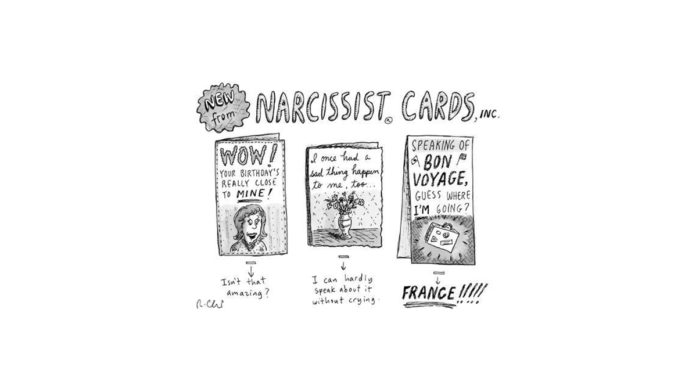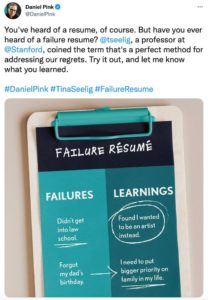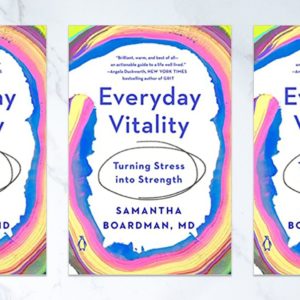It’s worth pointing out that narcissism isn’t always toxic and to a certain extent is adaptive. Desiring admiration, attention, and approval is part of being human and the motivation to maintain positive self-regard is perfectly normal. In fact, it’s healthy to think well of oneself. Interestingly, studies show that most of us think a little too highly of ourselves. Ninety-three percent of drivers believe they are “more skilled than most drivers.” Eighty-five percent of college students say they “get along better with others than average.” People think their kids are better than other kids.
Just because most of us have exaggerated perceptions of personal superiority doesn’t mean that we are all narcissists.
Normal narcissism is distinct from pathological narcissism. The two questions I always ask to assess for the presence of pathological narcissism are:

In contrast to the rich depictions of the self, they typically provide shallow, vague, and oftentimes generic descriptions of the people they are supposedly close to. A narcissistic husband who cheats on his wife might describe her as “a bore” or “not fun to be with” without providing any nuance or depth of understanding of her inner life or acknowledging how his behavior is impacting her.
According to Eve Caligor, clinical professor of psychiatry at Columbia University, people with narcissistic personality disorder have relationships that are transactional and lacking in empathy. Their interest in others is self-serving and viewed through the lens of self-enhancement as in “how can this person elevate my social standing or help me look good?”
For a narcissist, getting ahead is more important than getting along and this exploitative mindset is captured by their inability to imagine or describe the feelings of others.


Brad Bushman, a co-author of the study and professor of communication and psychology at Ohio State University explained:
“People who are willing to admit they are more narcissistic than others probably actually are more narcissistic. People who are narcissists are almost proud of the fact. You can ask them directly because they don’t see narcissism as a negative quality — they believe they are superior to other people and are fine with saying that publicly.”
One of the many advantages of this simple narcissism litmus test is that it enables narcissist identification so quickly and easily. Of course, you could always ask someone to take the classic Narcissism Personality Inventory developed by Raskin and Hall but that might be a little awkward.
Bottom line: Healthy narcissism is real. So is toxic narcissism. Ask these two revealing questions to spot the difference.
I wish you all the best,
Dr. Samantha Boardman















